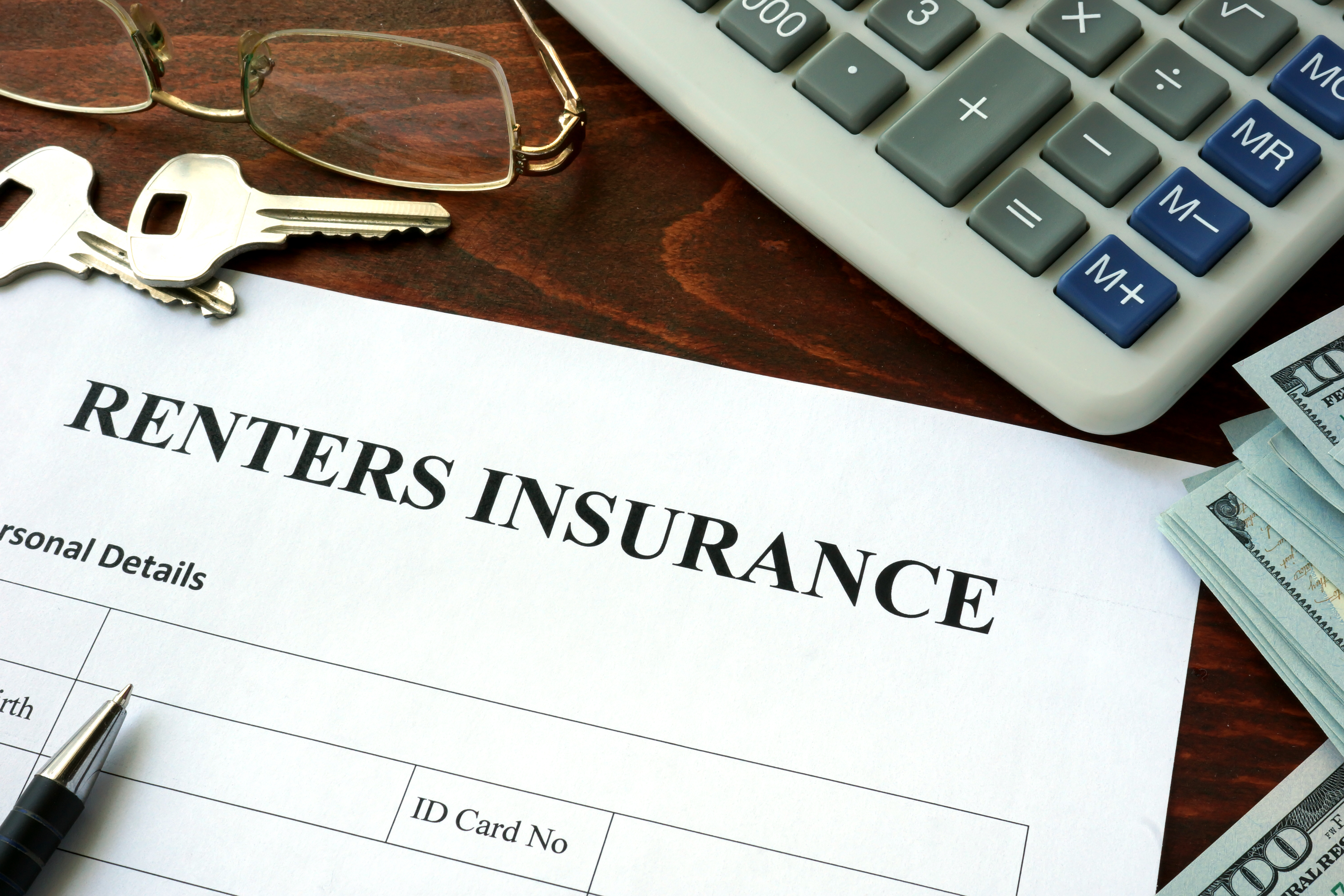
How Renters Insurance Works
Tuesday, March 27, 2018
Homeowners are typically required by their mortgage companies to carry homeowners insurance. Many times, homeowners of rental properties will require their tenants to carry renters insurance as well. This is not the homeowner’s way of passing the requirement down to their tenant. Nor is it a way for homeowners of rental properties to avoid covering any issues that may occur with the property. However, it is a means of insuring the renter as well as the landlord for any damage caused to the tenant’s personal belongings or injuries that may occur by complete accident. As a result, renters insurance is much less costly than homeowners insurance and is very specific to the coverage allotted the policyholder.
The Basics
To understand how renters insurance works, you must first understand what it covers and how it differs from a homeowners insurance policy. The most important difference between the types of policies is that a renter’s policy does not cover any damage to the actual home. It does not cover a leaky roof, storm damage, fire damage, or complete loss of the property. Since the renter does not own the property, the property is not insured by the renter.
However, renters insurance will cover personal property within the property, loss of use of the property, personal liability, and even medical payments due to a personal liability issue. The goal of renters insurance is to make the insured whole in the event of an incident. The property will not make the insured whole, as the insured is simply “borrowing” the property, through a rental agreement, from the owner. Yet, replacing personal items, such as clothes, electronics, furniture, and valuables is a key piece to renters coverage. Moreover, since the rental property is in use by the tenant, anyone who is injured on the property due to negligence on the part of the tenant can sue the tenant in a personal injury complaint. Therefore, renters insurance will help the tenant avoid a hefty settlement out of his or her own pocket for a personal liability lawsuit.
Filing a Claim
Now that we understand the difference between renters insurance and homeowners insurance, we can delve into how renters insurance actually works. As mentioned, renters insurance is designed to cover anything related to the renter. Therefore, claims must be specifically related to the renter’s personal property and personal liability. In order to file a claim, the renter must suffer a loss of property. This loss, however, does not need to occur as the result of damage to the dwelling. For instance, if your television is broken, a claim can be made with the insurance company to replace the television, if the cost to replace is higher than the renters insurance deductible. Therefore, if your deductible is $500 and your television is $1,500, then you can file a claim for the $1,000 to replace the broken television.
This is not necessarily the best practice, as small claims such as this may cause your rates to go up. However, if your home is robbed, you can file a claim for the belongings which were stolen. Once a police report is received by the company, you will typically receive payment to replace your stolen items. If your home experiences a fire, the claim to the insurance company would include property damaged in the fire. In addition, in this instance, you may be able to file a loss of use claim, which allows you to live in a hotel until the dwelling is rebuilt or repaired from the fire. The insurance company will provide you with a specified dollar amount per day to allow you and your family the ability to reside outside of the home until the home is available again.
In regards to any personal injury claims, renters insurance is designed to cover any tort action and medical bills that result from a visitor’s injury within your property. For instance, if a friend falls in your bathroom and breaks his or her ankle, he or she can file a claim against your renters insurance. Landlords often require this type of coverage, as these types of injuries are almost always the result of the renter’s negligence, as opposed to a problem with the dwelling’s structure.
Renters insurance is not only necessary for many renters, but it is an essential coverage to provide a little confidence to anyone who lives in a rented home. To learn more about renters insurance, contact our team at Protective Agency at (877) 739-9367. Our licensed insurance agents will be happy to answer any questions you have.
